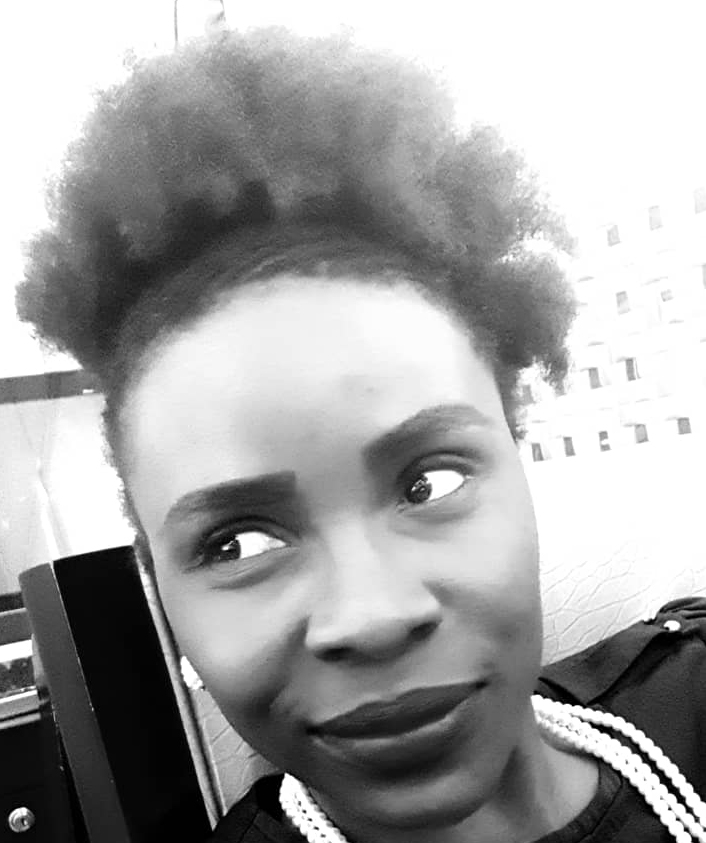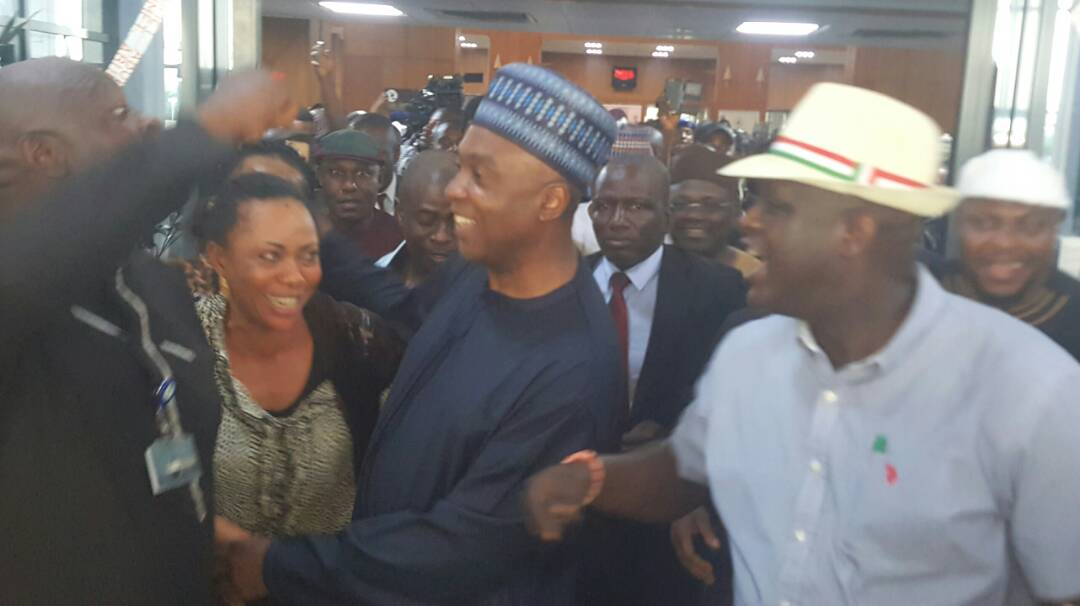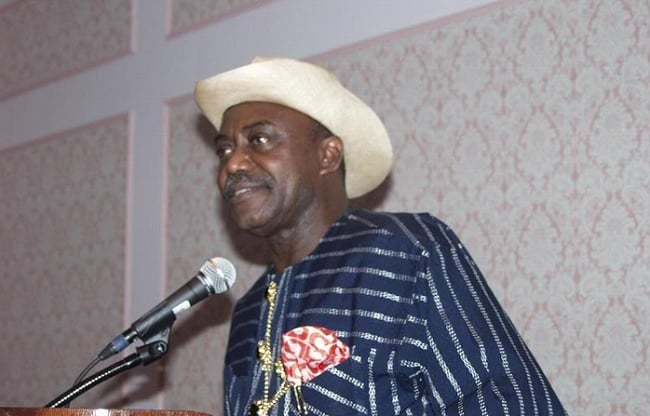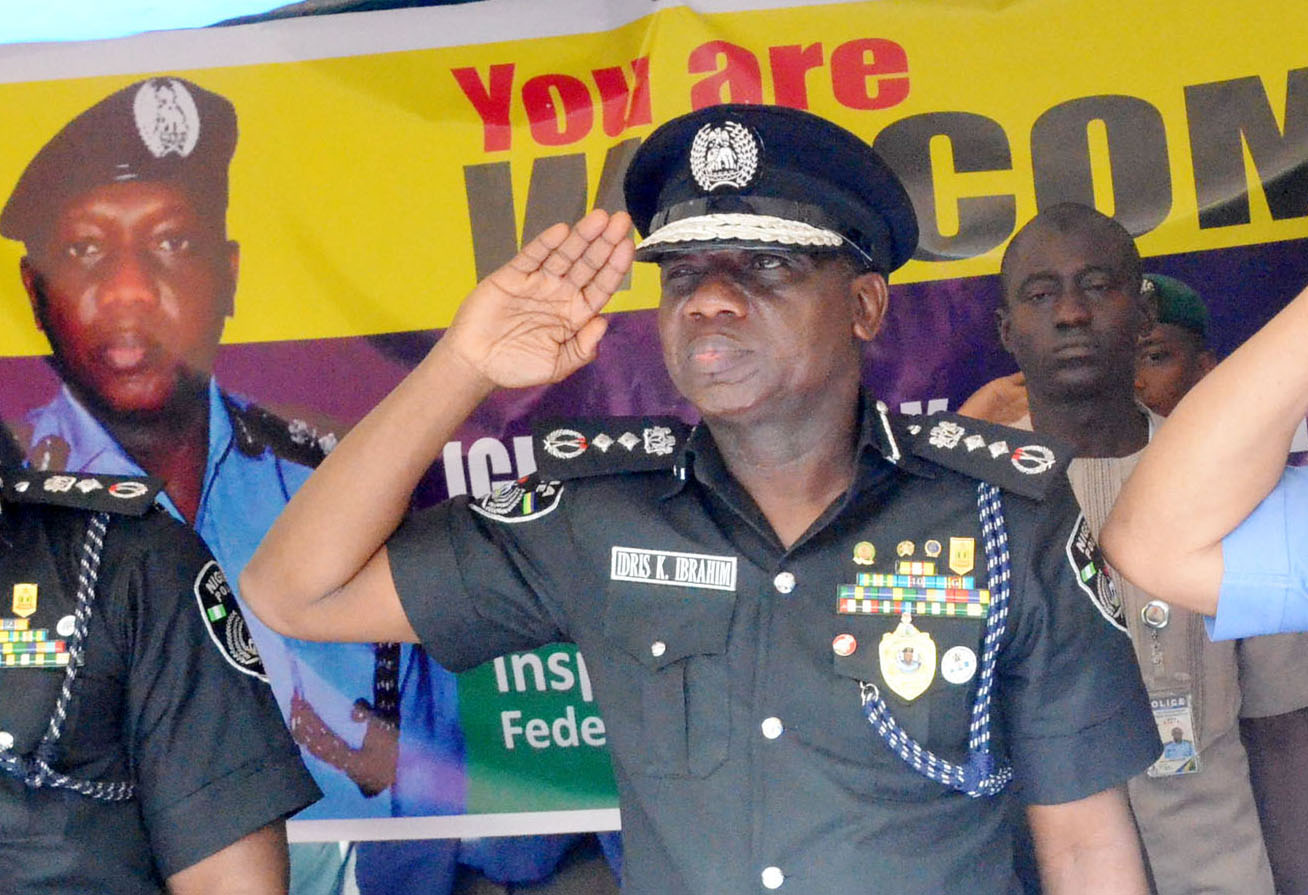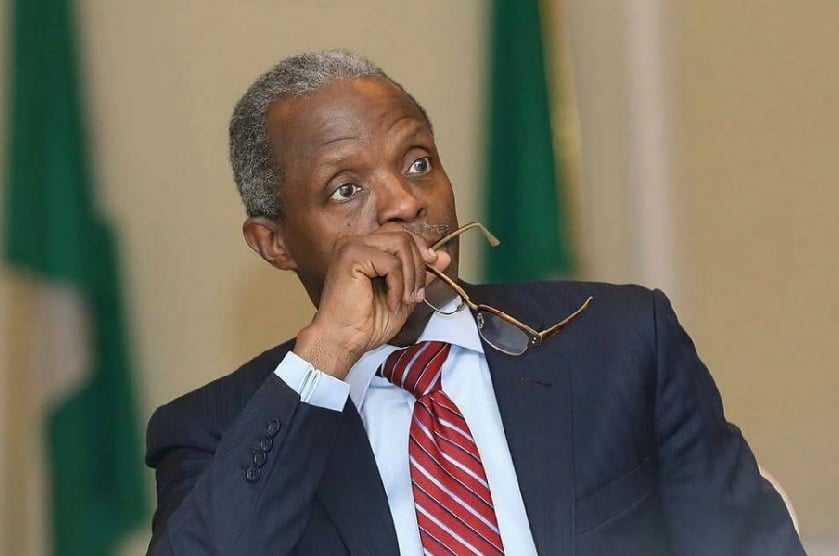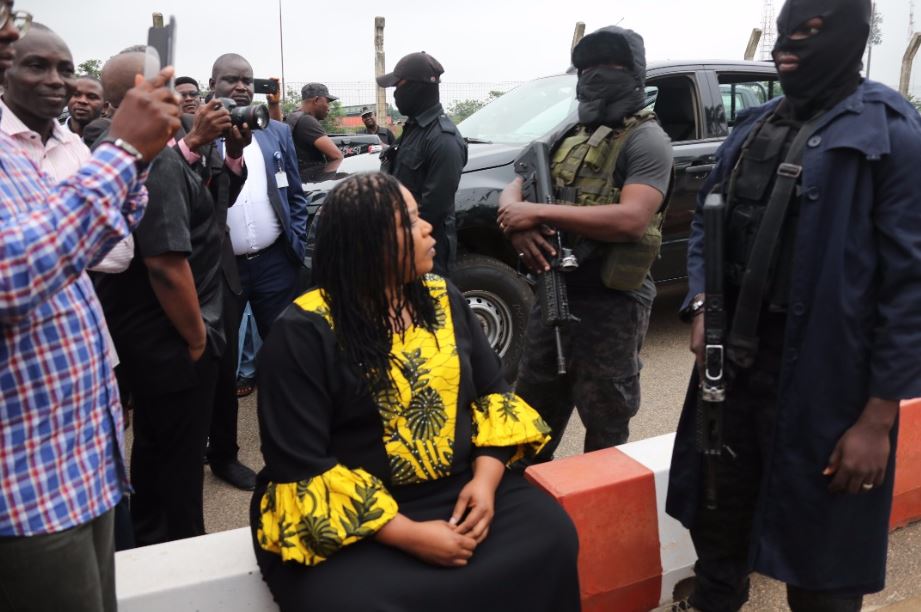To be specific, I only got to know about Connected Development, also known as CODE last quarter of 2017. And it was on Facebook I came across them – and the kind of work they do – and have been doing since 2012. The header of a story they shared was what caught my attention as I strolled on Facebook streets that day.
The story was about the interesting, insightful and more importantly the positive helpful work they carried out in some communities in Kaduna, a north-central state in Nigeria. Driven by the quest to bring about a more operational open government, CODE with support from the MacArthur Foundation spearheaded and mobilized the public in Kaduna local communities toward effective oversight functions to guarantee the implementation of the UBEC funds in the state.
Nigeria is a country with the statistics of 15 million out of school children. While there isn’t a doubt that education being a core development index, is terribly underdeveloped in Nigeria and even the rest of Africa, what is more imperative to note is that funds allocated for education purposes are constantly pilfered by the public officials in charge of the responsibility of education.
In it is for this reason that CODE having realised that the usual atrocious style where funds meant for public good are stolen by public officials in government and for which there is unaccountability from them invented a tactical approach to counter such unholy moves. One instance of that daring tactical approach is how they mobilize public action in Kaduna to track, monitor and evaluate the impact of the UBEC education funds and see that it is substantially utilized for the purpose for which it was marked for. The project which started in 4 Local Government Areas (LGAs) as at when I read the story has progressed successfully to more LGAs in Kaduna. It was after I encountered this story that I took interest in CODE and began to learn about the kind of humanitarian work they do.
Advertisement
Founded in 2012 as a non- governmental organization (NG0) by two Nigerian young men – driven by the vision to empower marginalized communities in Africa, Hamzat Lawal, recently named among 100 most influential people in digital government by Apolitical and Oludotun Babayemi, Connected Development is influencing and strengthening how local communities in Africa interact with their government. By highlighting and sharing the stories of vulnerable, deprived and marginalized people across African communities, CODE amplifies their voices and stake and let their government and the world take tangible actions and build their capacities.
Of the important diverse roles that CODE plays, one which stands out is ensuring that people of any community actively participate in governance and democratic process by breaching the gap between them and their leaders and providing the avenue through which there is the flow of communication, dialogue and feedback. But for the light that CODE shines on them, those marginalized communities would continue to grope in the dark.
In seeking to hold government responsible and accountable to the citizens they swore to protect and pursue objectives that uplift their welfare, CODE introduced a well thought out social and economic mobile and web-focused initiative called, Follow The Money. The purpose for which Follow The Money was created is to deliberately and accurately verify whether the public funds budgeted and allocated for developmental projects in rural communities anywhere in Nigeria and Africa are being utilized for such purposes. For a continent largely and internationally known for public servants who siphon public monies to their private pockets, Follow The Money is interested in the making sure that this is no longer the norm.
Advertisement
To achieve this aim, citizens are trained and given the nomenclature – Community Champions, whose role is to be concerned with ensuring political leaders use the monies for which they have been entrusted with to serve the needs of people who elected them and bring real growth and development to them.
It was in reading the stories of marginalized African communities, highlighted by Connected Development that I got to know about the harsh ways people were really trying to survive life in most rural communities in Africa. Reading these stories and seeing the pictures of the dire living conditions of those people touched me. Those locals don’t have access to clean drinkable water, functional health facilities, quality schools and good roads.
They would trek long distances, trying to get to a public clinic. Pupils sat on floors to be taught and instructed. There is always non-availability of drugs, vaccines and bed space in the one or two clinics around. People died from common curable diseases. Traders didn’t have access to large consumer markets because of the bad roads which is made worst in rainy seasons. The pitiable plight of those people and their sufferings inexcusably created by the wicked actions and inactions of their corrupt government left me in anguish of heart.
But a lot is changing now. With Follow The Money and the kind of social engagement it does, the past narrative of African political leaders getting away with secretly pilfering public monies meant for the overall economic good of the society, without much uproar by the public who otherwise would not have known the degree of monumental stealing their leaders carry out is no longer possible. In using both the conventional and social media – through mobile and web technologies, those Community Champions who can hashtag with #IFollowTheMoney now brings the attention of the masses to how their government have underserved them.
Advertisement
Since the inception of this idea, about 1,345 community champions have been trained to beam the searchlight across local communities in other to see and ascertain that their electives in all sphere of government are actively engaging in good governance for the greater good of the masses. And the result is the massive direct impact on 154,223 lives across Africa communities.
A worthy instance of such intervention being monitored and followed with the hashtag – #ConstrutTurawa, to make certain that it is completed, and used is in a local government in Kano where a block of classrooms for students at Turawa-Karaye is under constuction. Many other interventions and monitoring of public projects are ongoing other in local governments across Nigeria. CODE’s Follow the Money brings Nigerian public servants to accountability and transparency in their public lives. For me, this is huge progress.
As boldly written on their website on what their core vision is, which I capture here, “We are building the largest social and accountability movement, empowering marginalized communities in Africa.” What this means is that millions of individuals across Africa can now have a say in the way they are governed by their leaders.
They can freely ask important questions and expect answers from their leaders on the governance issues that affect and concern them. They can dispassionately verify if their leaders in all subset of government have their interest at heart by checking the projects they have been allocated funds for which for their aid. CODE has made all these possible, championing a cause for inclusivity without recourse to any bias, thereby advocating for all voices to be heard.
Advertisement
CODE is not only consistent about pushing to change the norm of bad leadership and corruption that has seen Africa at the bottom pyramid of development for decades in a 21st century time and world where most countries in Europe, America and Asia continents have progressed dynamically and even advancing in AI technologies and science space living, they are tenacious about it. For an NGO that is just 6 years in existence, what they have achieved is sufficiently instructive and positive to note. And one for which we should continue to support and commend them for.
Ogochukwu Paul is a journalist. She can be reached on Twitter, @ogochukwu_paull
Advertisement
Views expressed by contributors are strictly personal and not of TheCable.
Add a comment
